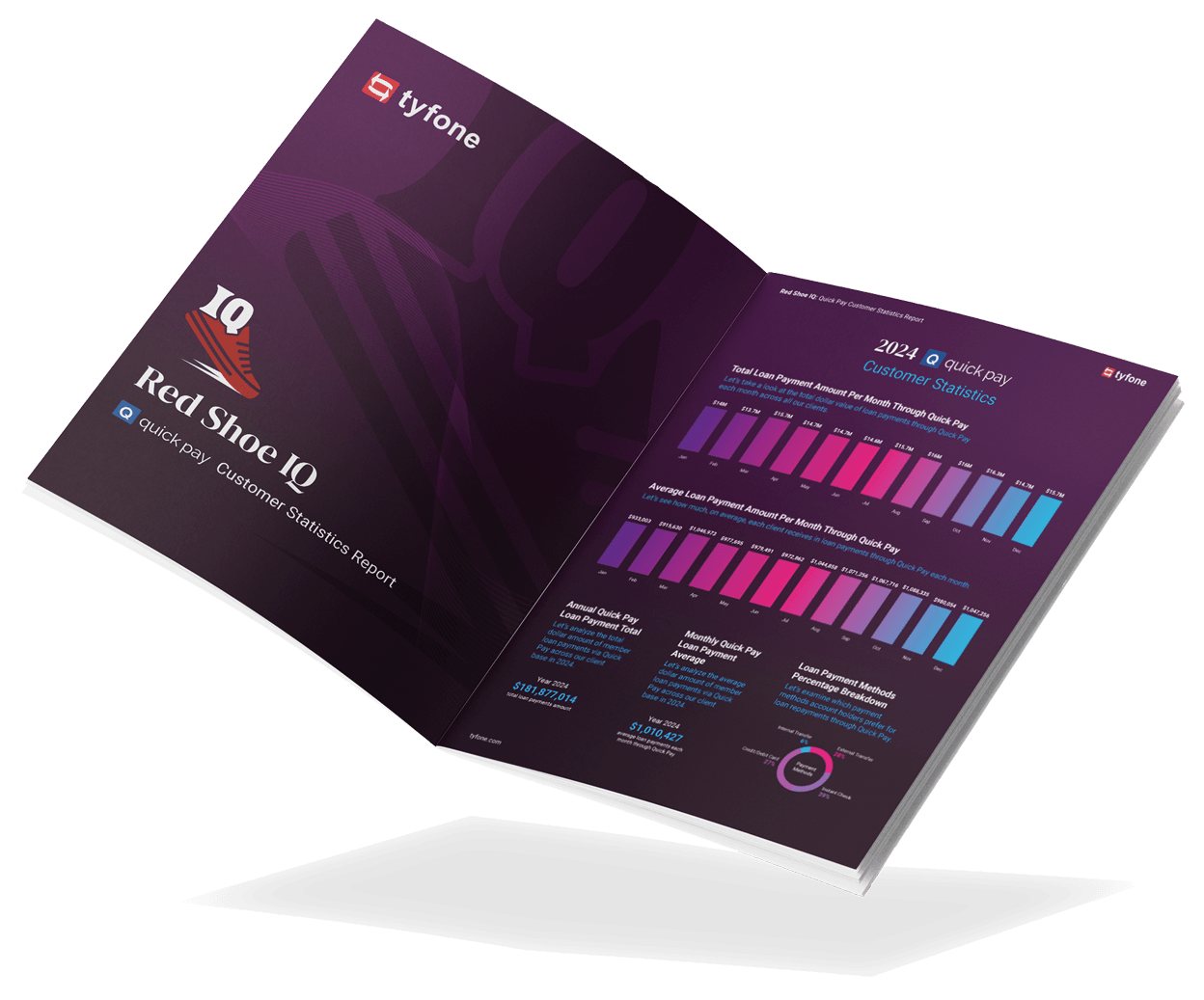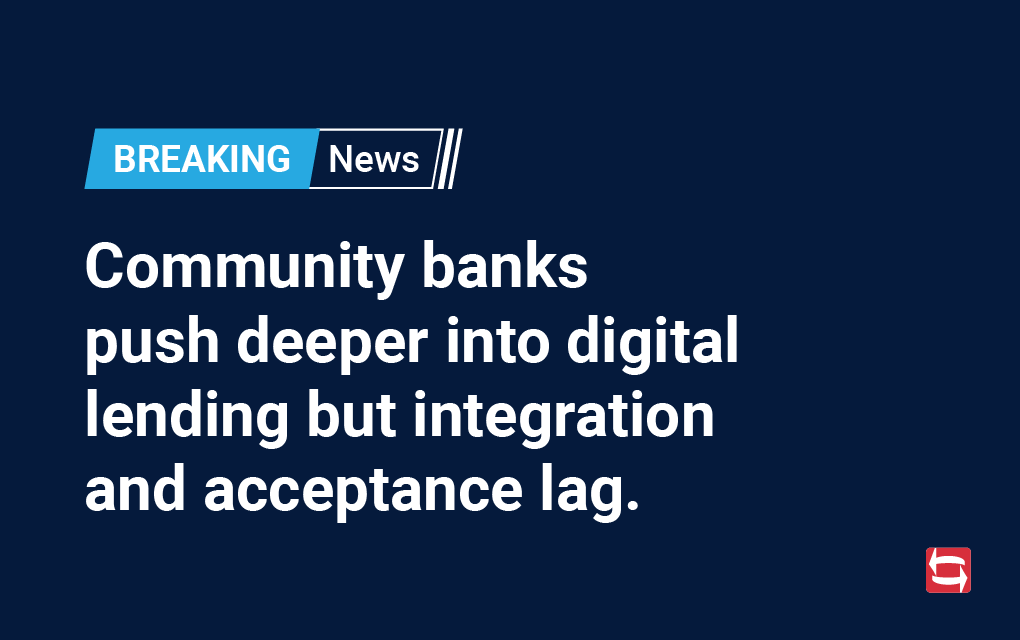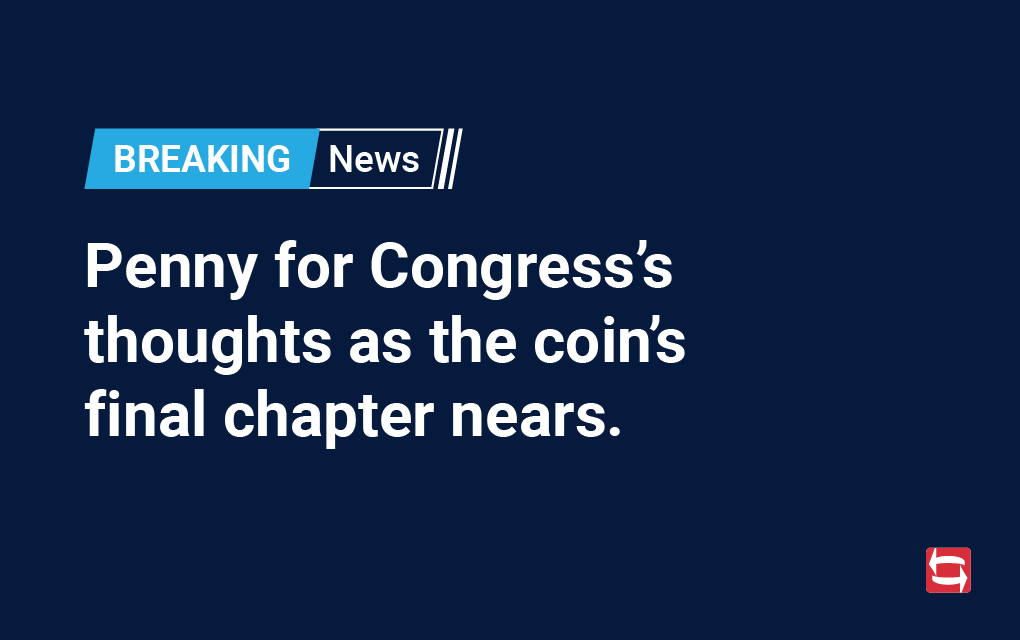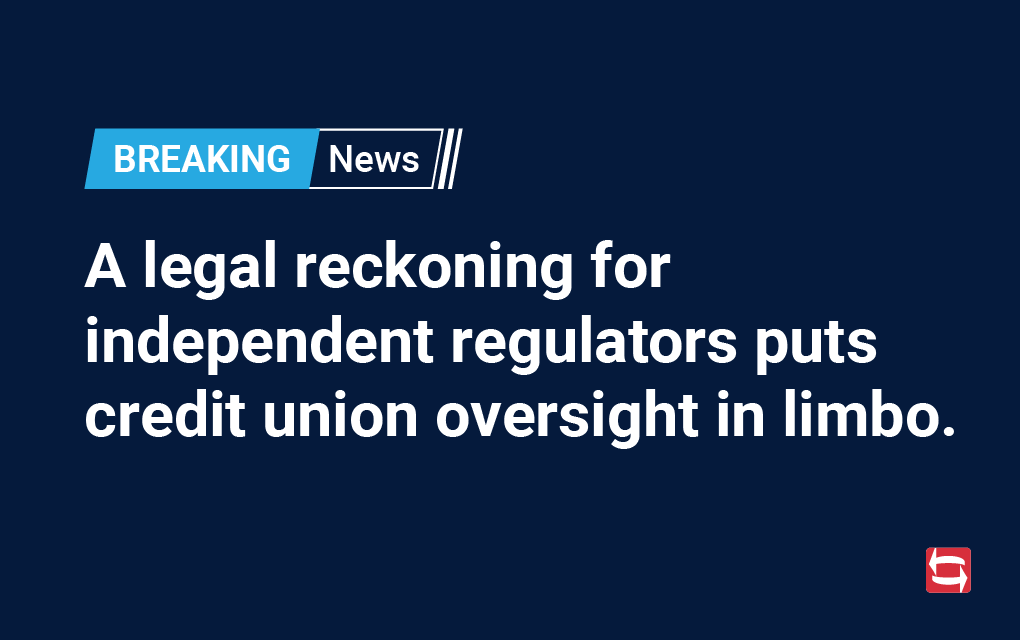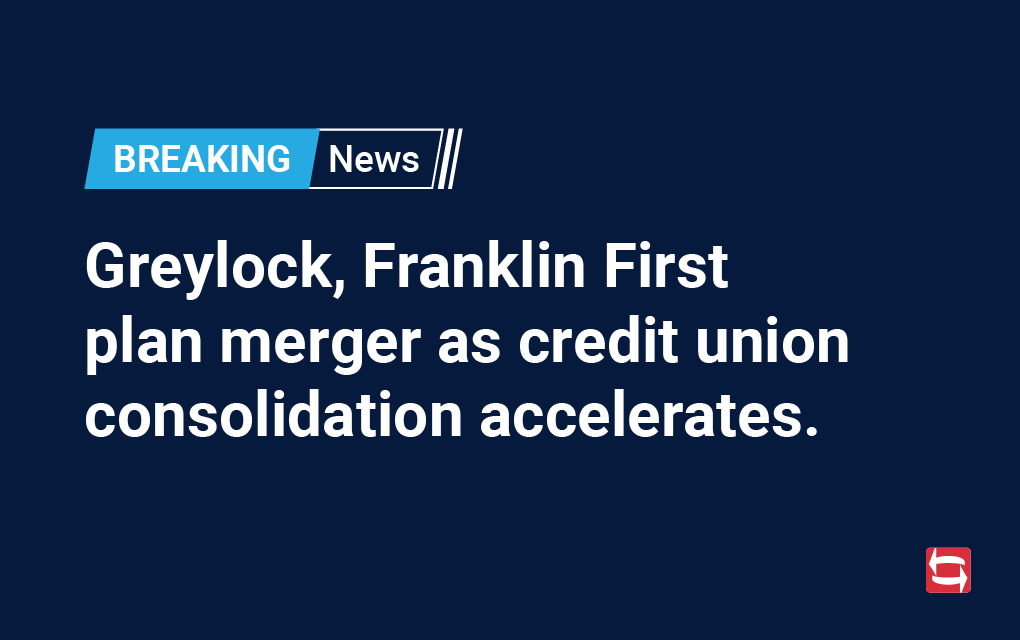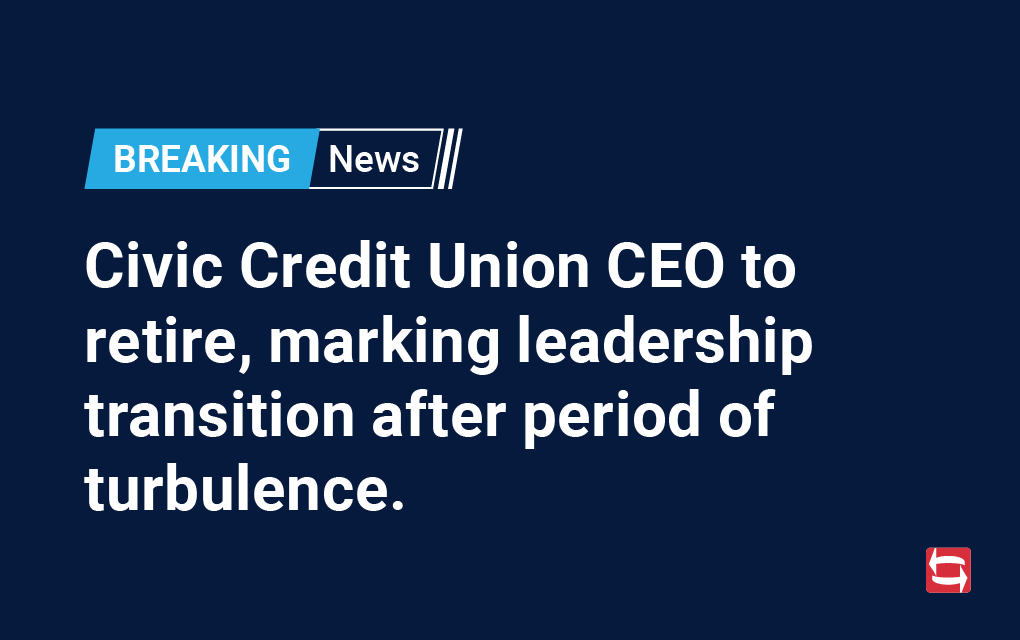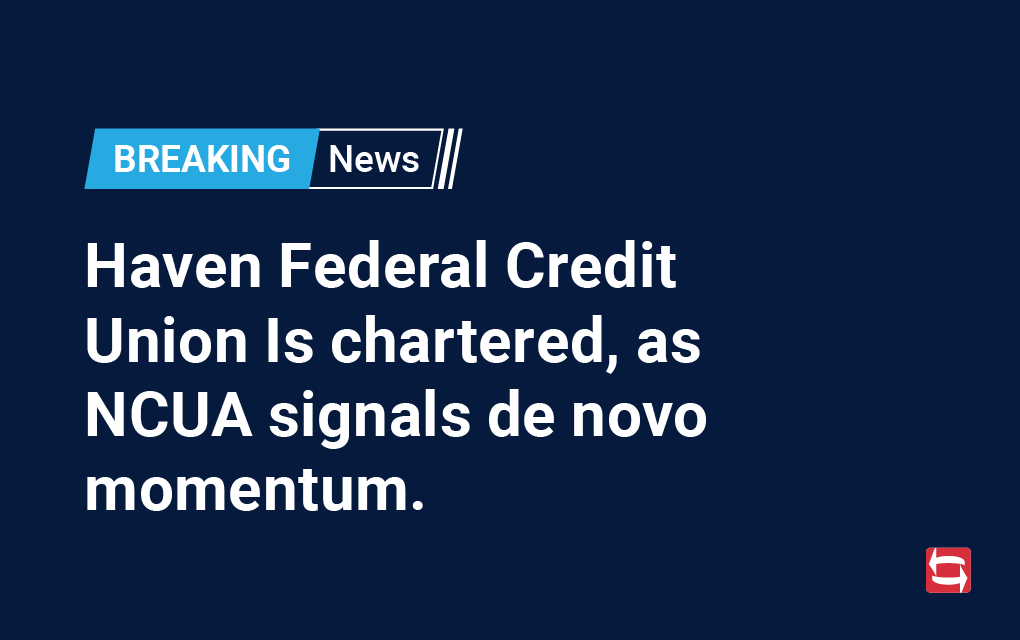
Credit Union CEO warns Congress that confidence crisis is draining small FIs
Testifying before the Senate Banking Committee, Peter Rice says deposit insurance gaps push funds to megabanks, destabilizing communities, payrolls, and the defense supply chain.
The head of Hanscom Federal Credit Union delivered a stark warning to lawmakers Wednesday, arguing that unchecked confidence in megabanks is draining local institutions of deposits and putting both American paychecks and national security at risk.
Peter Rice, President and CEO of $1.8 billion-asset Hanscom FCU in Massachusetts, testified before the Senate Banking, Housing, and Urban Affairs Committee during a hearing on deposit insurance reform.
Representing credit unions across the country, Rice called on lawmakers to act swiftly to protect the economic backbone of the country—its community financial institutions and the small businesses they serve.
“This is bigger than banking,” Rice told the committee. “This is about paychecks, communities, and the strength of our nation.”
Rice cited the collapse of Silicon Valley Bank, Signature Bank, and First Republic as evidence of how fear—not fundamentals—has come to govern depositor behavior. In the days following those failures, Americans withdrew a record $119 billion from small banks, while megabanks saw a windfall of inflows totaling $550 billion, he noted, referencing JPMorgan data.
“This wasn’t about better interest rates. It was about confidence,” Rice said. “Americans believed the biggest banks were safer.”
Story continued below…
That belief, he warned, is eroding the foundation of local finance. With two-thirds of small businesses depending on regional lenders, the migration of deposits to Wall Street has cut off credit, destabilized payroll systems, and threatened the Department of Defense’s access to critical suppliers.
Among the real-world consequences, Rice pointed to C-Star MFG in Lindsay, Oklahoma, which lost $150,000 in payroll funds after a community bank failed in 2024. Similarly, the collapse of SVB froze the accounts of Patriot Software, disrupting payroll for 8,100 small businesses.
“For those workers, this wasn’t a debate about liquidity,” Rice said. “It was rent, groceries, and credit card bills.”
To restore stability without encouraging risky behavior, Rice proposed six reforms—including targeted deposit insurance for payroll accounts, higher premiums for riskier banks, and federal protection for defense-related suppliers.
“This was a pivotal moment for credit unions to bring this perspective to the center of key discussions that impact not only their members but also small businesses they serve across America,” said Anthony Hernandez, President and CEO of the Defense Credit Union Council.
“Let us not ask what small businesses can do to survive our financial system. Let us ask what our financial system must do to ensure small businesses—and the nation they sustain—will endure.”
– Peter Rice
President & CEO
Hanscom FCU

